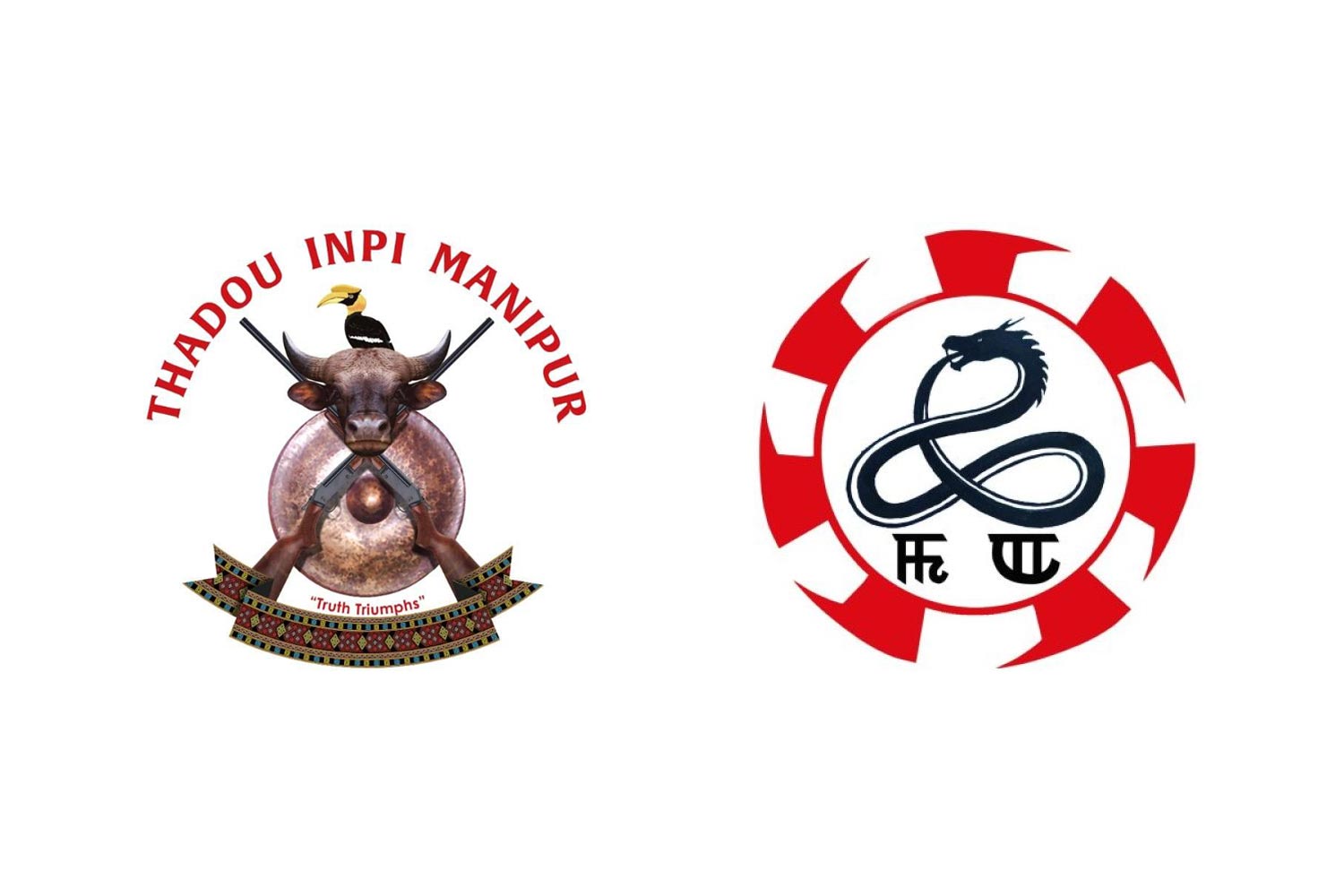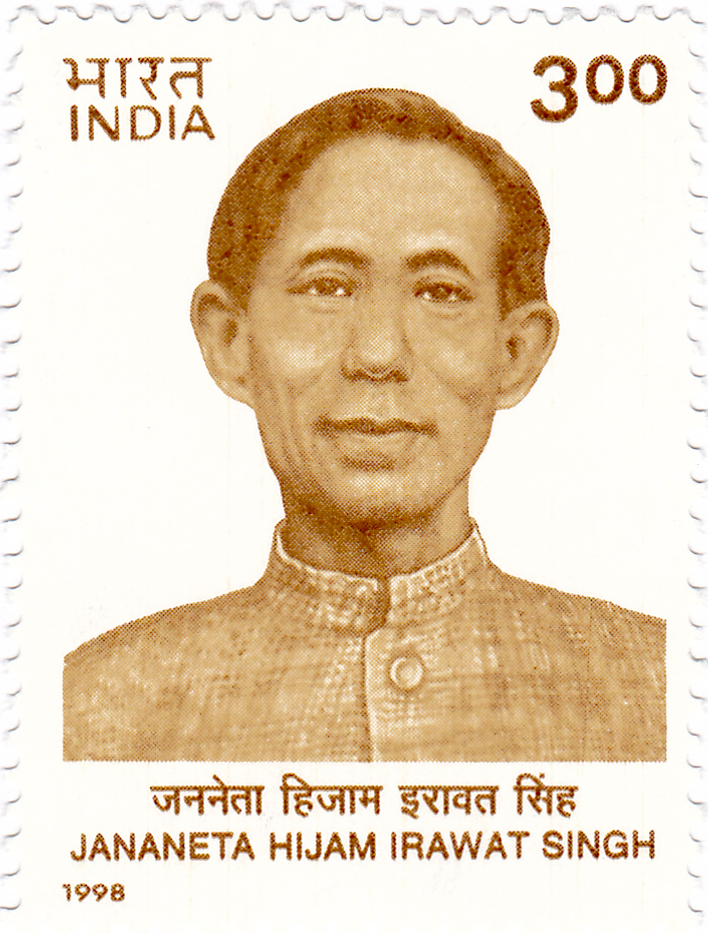Why ‘Any Kuki Tribes’ Must Be Removed from Manipur’s ST List
Short Summary
Representatives of Thadou Inpi Manipur and the Meitei Alliance have urged India’s Ministry of Tribal Affairs to delete the ambiguous category “Any Kuki Tribes” (AKT) from Manipur’s Scheduled Tribes list. They argue the category is constitutionally flawed, ethnographically invalid, duplicates existing tribes like Thadou, facilitates ethnic tension, and enables misuse by foreigners and migrants claiming tribal status. The demand is backed by official state resolutions and supported by organizations like Hmar Tlangval.
In-Depth Article:
1. Introduction: The AKT Conundrum
Have you ever wondered how a category meant to protect vulnerable communities could backfire? That’s exactly what’s happening with “Any Kuki Tribes” (AKT) in Manipur’s Scheduled Tribes list. Today, tribal and civil society leaders—including Thadou Inpi Manipur and the Meitei Alliance—are pointing to constitutional flaws, identity theft risks, and ethnic disharmony that they believe this category fosters. Let’s dive deep and unpack it.
2. What Does “Any Kuki Tribes” (AKT) Mean?
Originally classified in 2003, AKT includes individuals not falling under individual Kuki tribes like Thadou, Paite, Hmar, etc. Think of it like a catchall bin: anyone vaguely associated with “Kuki” identity falls in. But is that enough?
AKT supporters say it gives rightful access to ST benefits for outliers. But critics argue it’s just too broad—ethnographically vague, administratively slippery, and ripe for misuse.
3. Constitutional Concerns: Why AKT May Not Hold Legal Water
a) Non-recognition by Native Communities
According to Thadou Inpi and allied groups, AKT is not accepted by any of the existing tribes in Manipur—not Thadou, Paite, Hmar, Simte, Kom, Aimol, Vaiphei, Zou, Gangte, Naga, or Meitei
b) Dangerous Duplication
The 2011 census shows 2,15,913 individuals identified as Thadou, while another 28,306 were tagged as AKT—suggesting possible duplication or inflated counts.
4. Colonial Echoes & Legal Precedents
You’d think colonial-era catchall labels were history—but AKT is a revival of those old strategies. Back in 1950, generic categories like “Any Kuki”, “Any Naga”, and “Any Mizo” were included temporarily—but removed in 1956 after the Kaka Kalelkar Commission’s ethnographic work. AKT was restored only in 2003—a move many deem a violation of established norms.
5. Ethnographic Ambiguity: AKT Lacks Cultural Identity
True ST categories must represent a distinct tribe with language, culture, and geographic roots. AKT is widely described as just a political umbrella, not an actual tribe. There’s no unique language or culture, which makes it unconstitutional under Article 342. Rising voices argue that it’s not a tribe—it’s a label.
6. Security Risks: Who’s Slipping In Through Loopholes?
The AKT category has a scary flip side: it opens a back door for fabricated identities, even foreign ones. Documents reveal fears of “Rohingya-Kuki”, “Kachin-Kuki” and other invented identities slipping in. This could harm India’s tribal policies, threaten demographic stability, and grant undeserved benefits.
7. Rising Opposition: Tribal Voices Solidify Their Stand
A growing chorus opposes AKT:
- Thadou Inpi Manipur and Meitei Alliance delivered a memorandum in June 2025, aligning with cabinet resolutions of Oct 2018 & Jan 2023.
- Hmar Tlangval has publicly thrown its weight behind the demand, noting AKT dilutes smaller tribes’ identities.
- PTI, ThePrint, ET, NDTV and Northeast Today all ran similar analyses, confirming consensus across media.
8. Real-World Impact: Legal Confusion & Social Strife
What’s at stake?
a) Confusion in Certification & Benefits
With so many mistakenly coding themselves as AKT, ST certificates could become duplicates or fraudulent.
b) Threat to Land Allocation
ST status provides land rights—so improper use of AKT could dilute or misappropriate land and resources.
c) Communal Clash Trigger
AKT is already stoking tension. With identity politics heating up, it may rekindle ethnic clashes, especially between Meitei and Kuki communities.
9. Removing AKT: Why It Could Work
Pure List of 32:
The current ST list already includes 32 clear tribes. AKT is the 33rd—but without justification.
Restore Constitutional Integrity:
Removing AKT aligns with Article 342’s mandate: it must be an “identified tribe”. AKT’s removal would rectify a historical anomaly.
Prevent Fraud:
No more “anybody-Kuki” schemes, no inflation of tribal numbers, and no foreign benefit seekers.
Promote Ethnic Peace:
Squeezing out controversial identity tiers helps cool communal tension.
10. Challenges & Counter-arguments
a) Who speaks for the unrecognized Kukis?
Some argue AKT protects tribal groups that don’t identify neatly under main tribes. Critics say if they truly exist, they deserve their own ST listing—not a placeholder.
b) Political stakes:
Classification can shift political power balances and funding. AKT removal disrupts entrenched interests.
c) Administrative hassle:
Removing AKT means reissuing certificates, updating records, and managing legal fallout. It’s bureaucratically intense.
Conclusion: Time to Clean Up the ST List
In an era when identity matters more than ever, Manipur can’t afford fuzzy tribal labels. The AKT category, designed in 2003, now risks weakening legal clarity, community trust, and even state security. The push by Thadou, Meitei, Hmar, and allied voices isn’t just legal scrubbing—it’s a call for fairness, cultural integrity, and peace.
Let’s hope the Centre and Ministry of Tribal Affairs listen—and act decisively.
FAQs
1. What exactly is “Any Kuki Tribes” (AKT)?
AKT is a broad category introduced in 2003 to capture individuals not listed under specific Kuki tribes (e.g., Thadou, Hmar, Paite). Critics say it’s a catchall, not a defined tribal identity.
2. Why remove AKT now?
Leaders argue AKT duplicates existing tribes, lacks cultural legitimacy, was inserted non-transparently, and facilitates misuse, including by foreigners
3. Who supports this move?
Major local groups: Thadou Inpi, Meitei Alliance, Hmar Tlangval, backed by state cabinet resolutions (Oct 2018, Jan 2023) and media coverage.
4. What happens if AKT is removed?
Certification processes will be updated, any fraudulent tribal claims curtailed, and tribal lists will strictly reflect genuine tribes—strengthening cultural and administrative clarity.
5. Could AKT be replaced by a better alternative?
Potentially—but experts say legitimate tribal groups should seek individual ST recognition based on ethnographic study—not a generic umbrella label.




